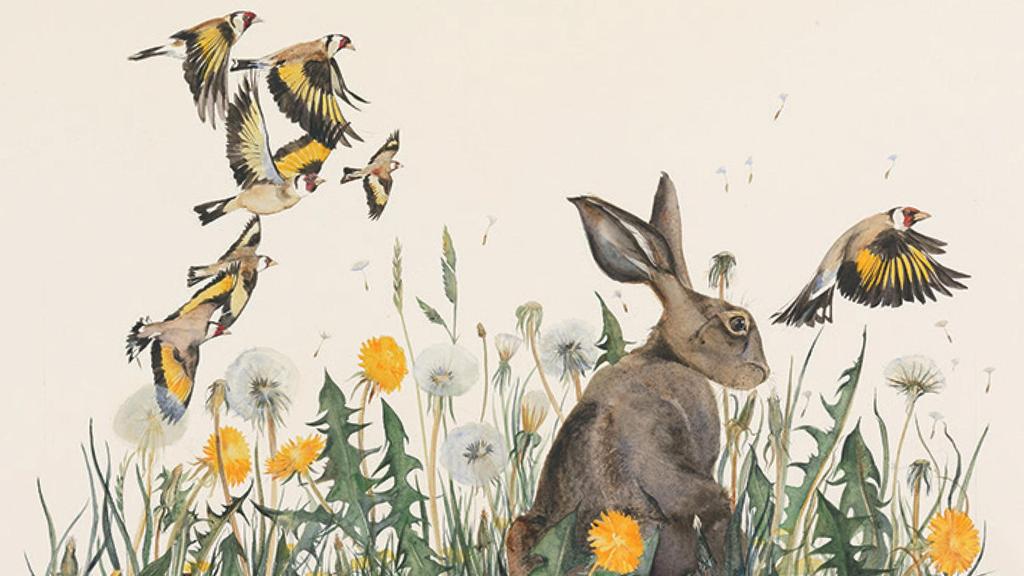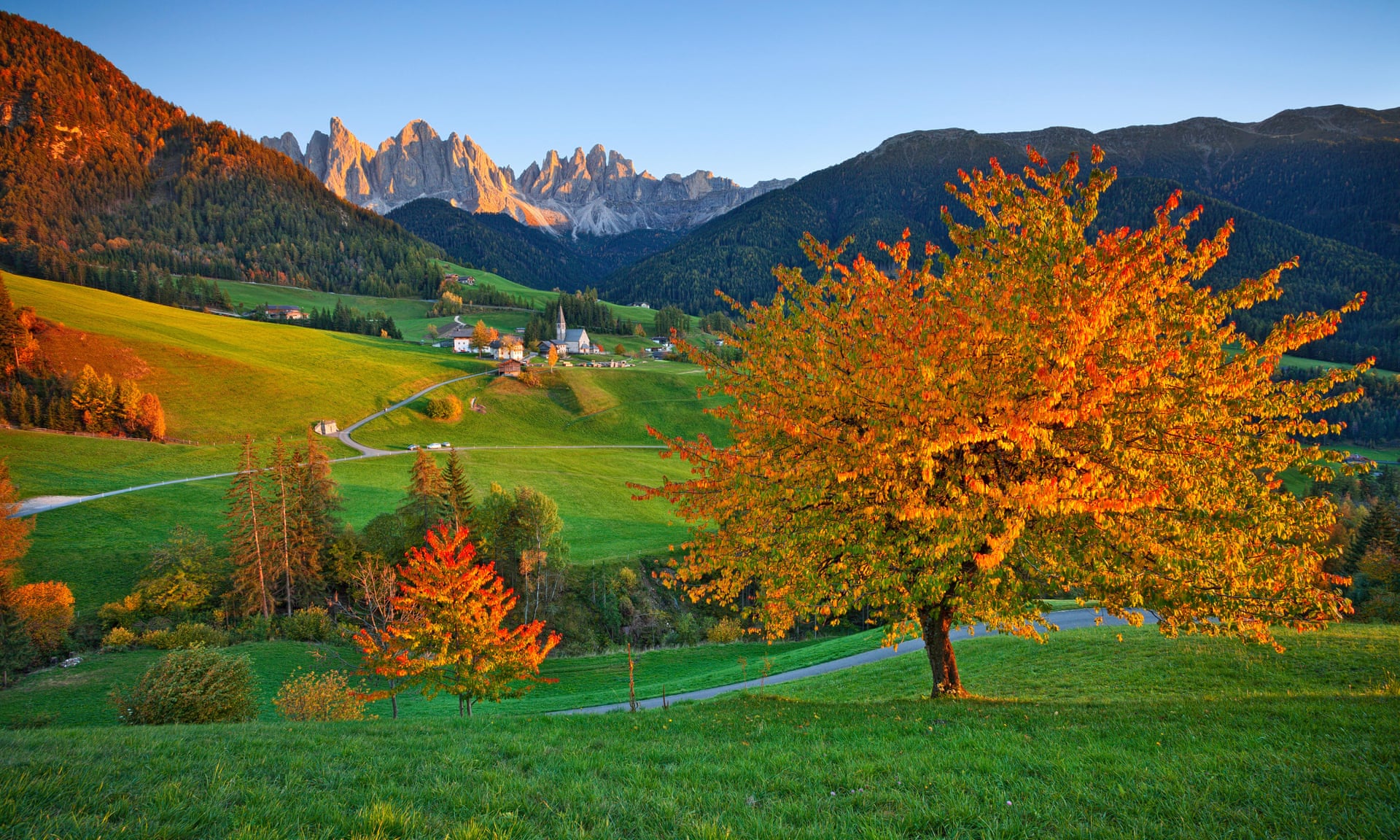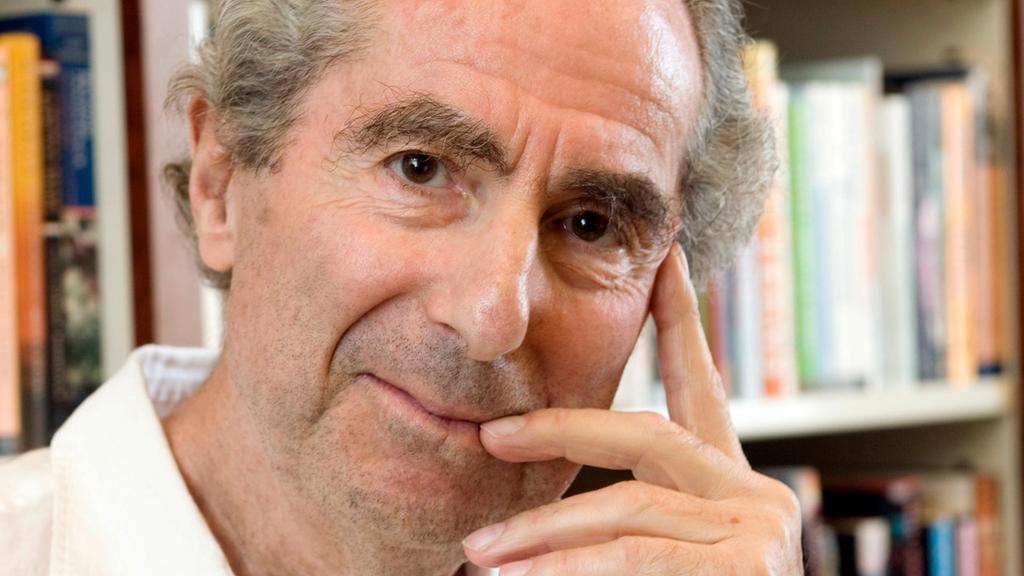It’s that time of year when the sheer amount of awards, end-of-year round-ups, gift ideas and seasonal treats can send the casual book buyer into paroxysms of indecision – not least because some fantastic new releases also fall through the cracks. The holiday period, too, is a chance to relax and actually make some headway through that long reading list, to try some less obvious fare and – when it comes to presents – to show off your literary credentials by giving thoughtful books to treasure.
Here, then, are four books that should be on everyone’s list this December for a variety of reasons: one unapologetically literary reflection on 2017; one innovative crime novel to curl up with on a dark night; one interesting future dystopia as we approach the third decade of the 21st century; and one wonderful reflection on the natural world that will delight and enthral anyone lucky enough to find it under the Christmas tree.
Let’s start with the most seasonal book this month; Winter by Ali Smith. After the success of Autumn, deservedly shortlisted for the Man Booker Prize this year, the Scottish author returns to her quartet of achingly up-to-date fictional responses to the fractured, chaotic world, as she sees it.
There’s something incredibly exciting about reading a fully formed novel making eloquent and wise references to London’s Grenfell Tower disaster – the fire was not even six months ago – and, like Autumn, Brexit is lurking in the background too: Sophia, a mother in her sixties who has her sister, her son and his fake girlfriend as house guests to stay over Christmas – reluctantly – talks of “a kingdom subsumed in chaos, lies, powermongering, division and a great deal of poisoning and self-poisoning”. She is actually referring to the Shakespeare play Cymbeline, but the inference is clear.
Sophia is a fascinating, Scrooge-like character – which is no accident given Smith regularly references Dickens’s A Christmas Carol. Like dear old Ebenezer, she is initially haunted by a constantly changing ghost-like figure, and as the fractured plot introduces her troubled son Art and activist sister Iris – recently home from helping refugees in Greece – she starts, through the strange influence of Lux (a Canadian-Croatian who Art has paid to be his girlfriend for the week) to work through her ghosts of Christmasses past.
And for a book that begins “Romance was dead… art was dead… history was dead, culture was dead, love was dead… a great many things were dead… imagine being haunted by the ghosts of all these dead things,” it’s quite amazing that Smith can finds a modicum of hope and recovery through the bafflement and bitterness.
It might sound strange to suggest that a companion piece to Winter might be a “spelling book” that anyone from two to 102 will enjoy, but The Lost Words by Robert Macfarlane and illustrator Jackie Morris actually shares many of the same ideas. It’s also a book that starts with a multitude of deaths – in this case of words describing the natural world, famously culled from the Oxford Junior Dictionary 10 years ago – but finds a way of celebrating the vivacity of life rather than the virtual reality of the internet age.
When Oxford’s decision wasn’t reversed a few years ago, Macfarlane asked whether we wanted “an alphabet for children that begins ‘A is for Acorn, B is for Buttercup, C is for Conker’; or one that begins ‘A is for Attachment, B is for Block-Graph, C is for Chatroom’?” Together with Morris, he set about restoring the “missing” words in this stunning package, alongside her genuinely beautiful artworks. The first line of Kingfisher alone: “the colour giver, fire-bringer, flame-flicker, river’s quiver”, will surely make anyone want to go and seek out this rare bird in the UAE.
Macfarlane has always been a wonderfully insightful writer on our relationship with nature and language – his Twitter account is worth a follow for his word of the day – but acrostic poetry presents a whole new set of challenges. He immediately finds the unique rhythms and characteristics of his conjured-up subjects in these spells: an adder is “a hank of rope in the late hot sun; a curl of bark”, brambles are “rolling and arching along the hedges, into parks of the city edges”, a huge hinged heron is a “grey winged weapon”.
He introduces The Lost Words as not just a spelling book for conjuring back vanished words from children’s language but a chance to explore things that are hidden and missing, to think about “absences and appearances”. It’s a lovely book.
And talking of absences, Graeme Macrae Burnet’s new crime novel, The Accident On the A35, explores the gaps left in the life story of respected solicitor Bertrand Barthelme, found dead after smashing his car into a tree in eastern France one late November.
Naturally, police chief George Gorski isn’t entirely convinced it was an accident, and spurred on by a decided liking for Barthelme’s widow Lucette, he starts to suspect this pillar of the community may not have been all that he seemed.
The stuff of classic crime writing, of course, but Burnet is not a classic crime writer himself – he was shortlisted for the Booker last year for the thriller His Bloody Project – and again here he plays with genre expectations.
It’s not actually Gorski himself who gets anywhere near to solving the mystery of Barthelme, but the solicitor’s son; and whether driven by grief, adolescence or indeed a vague dislike of his father when he was alive, it’s Raymond who hops on a train to a nearby town to play detective, intrigued by the address he finds in his father’s desk.
In fact, Gorski actually appears to solve an entirely different murder investigation altogether along the way, but you can forgive Burnet all the loose ends and red herrings given the characterisation is so strong. Somehow, despite Gorski being a heavy-drinking detective with marriage difficulties who appears to live in a Maigret novel transposed to the 1970s, he’s never a cliché, perhaps because he’s constantly aware of his failings. And Raymond rings brilliantly true as a confused teenager finding his way in the world.
Which makes it slightly strange that Burnet adds another fictional layer with his foreward and afterword, in which he says the The Accident On the A35 is his translation of a long-lost semi-autobiographical novel by “Raymond Brunet”. Just to be clear, it isn’t, and while this device perhaps explains some of the motives in the book, it’s generally a bit too clever-clever – the story works perfectly well without such literary dressing.
Finally, as thoughts turn to a new year, Chris Beckett gazes into the future with America City – and doesn’t like what he sees. The English science fiction author – who previously won the prestigious Arthur C Clarke award for Dark Eden – alights on an early 22nd-century world which is less a fantasy than a seemingly logical conclusion to the events of the past decades in our world.
Climate change means the southern United States and the “storm coast” are effectively disaster areas, with all the power and wealth in the north. There are huge border walls, with landmined no-go areas. Against this, presidential hopeful and some-time climate change denier Senator Slaymaker has a plan to keep the US from breaking up entirely and to win the White House: move everyone north. But the northern states aren’t that interested in welcoming migrants, so he hires a PR exec, Holly, to sell his vision.
Which she does – despite not being a natural supporter of Slaymaker’s policies – using alarmingly recognisable techniques on the “whispernet” (effectively Twitter directly implanted into your brain), and a cunning fake news-inspired scheme to coerce/bully a country into helping out.
All of which is compelling, thought-provoking and well drawn. If there’s a problem with America City, it’s that this West Wing-style drama has too many ideas – political, technological and ideological – and not enough gripping plot. But when it isn’t terrifying, America City is very enjoyable.


